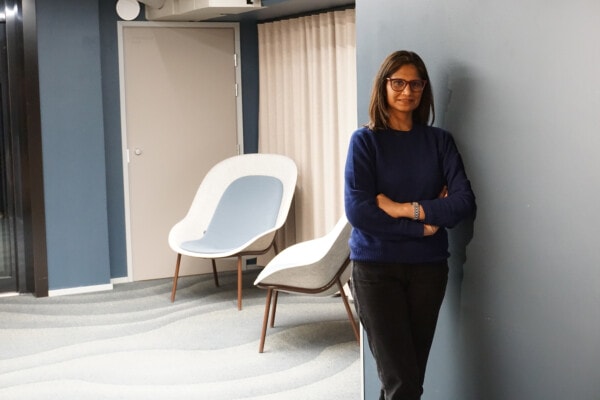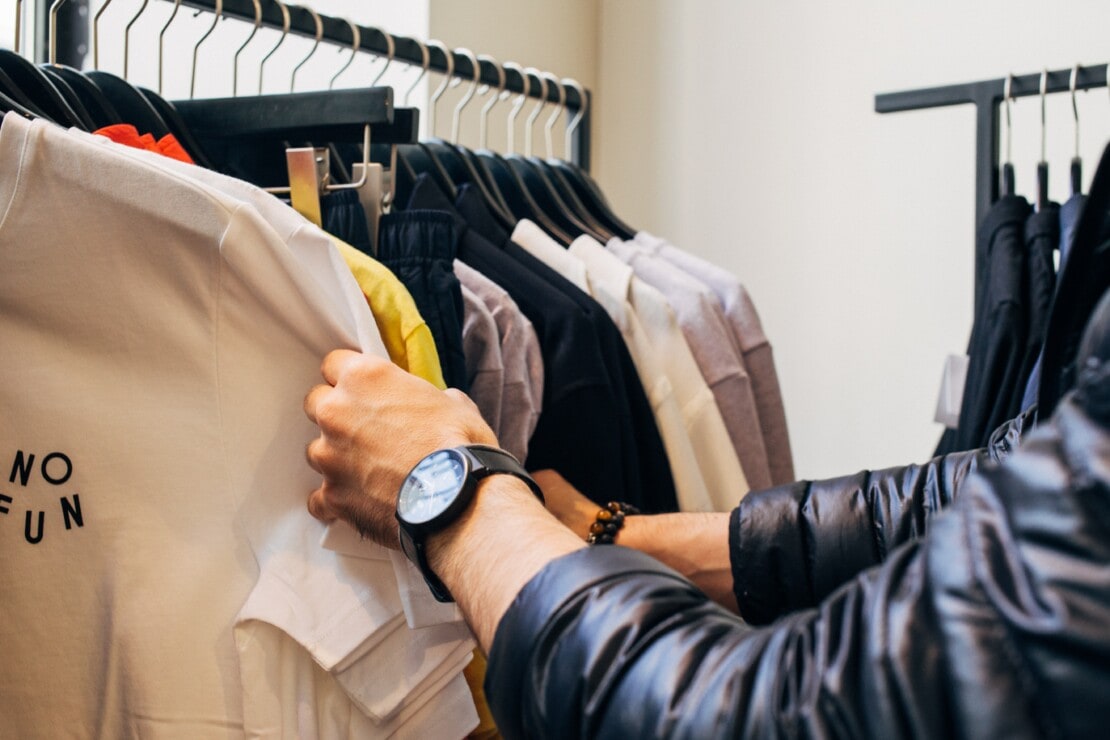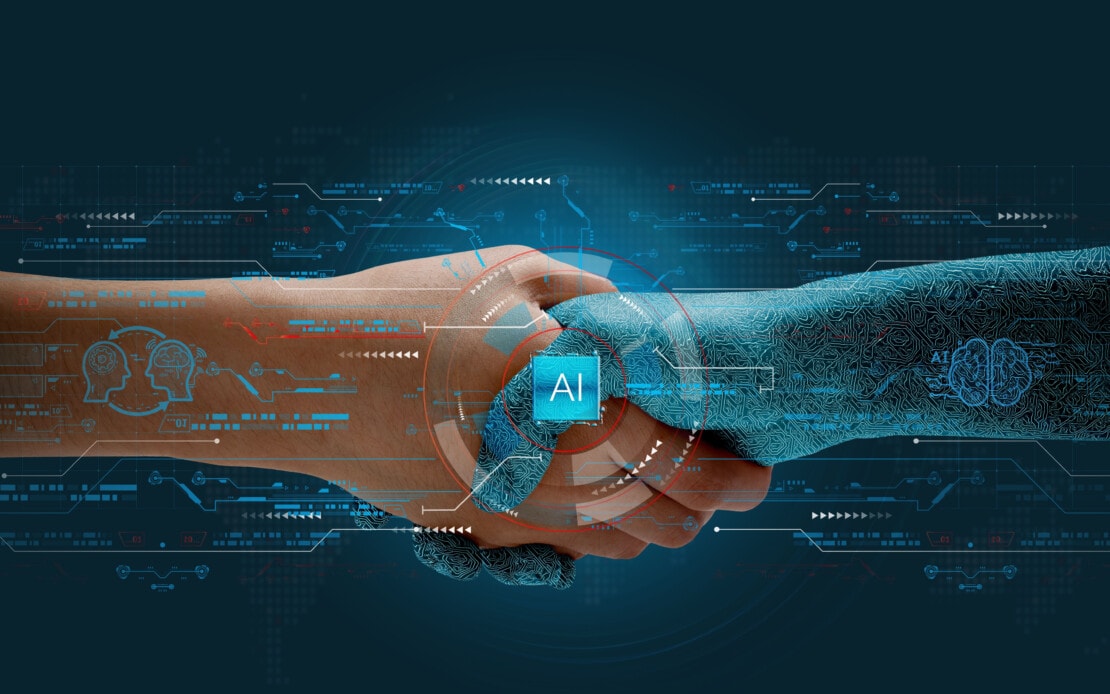19Sep2023
Ritu G. Mehrish is on a mission to change organizations. Understanding that for organizations to change, the leaders must change first, she has carried out thorough research about reasons that prevent leaders from being on top of their game when that is needed the most. She consults, speaks, and gives presentations about how leaders should embrace change and, accordingly, approach those challenging situations. She also hosts a podcast Rewriting the rules, where she talks to Asian women leaders about the challenges they face and how they overcame them.
In May, Ritu Mehrish was a finalist at the Speaker Contest arranged by Business Forum Group, and her speech about the phenomenon she has named leader’s block raised plenty of attention. Last week, she spoke at the No Bullsh*t event in Helsinki about sustainable leadership, about what kind of change that would require from leaders – and how that change would eventually benefit the entire organization.

Ritu Mehrish says that in order to be successful, sustainable change must be driven by the leaders.
“I believe that sustainable leadership is the key to more resilient and sustainable business”, Ritu Mehrish explained the topic of her presentation. “So many organizations already pay attention to fulfilling their ESG requirements, but the perspective should be even wider.”
According to Mehrish, the focus should be placed on building resilience which is the key in enabling long-term development. Resilient organizations can go through massive changes without losing their essence or their culture. This provides a solid platform for going forward even in a turbulent operating environment.
Change is difficult to begin with, and there are numerous obstacles that can make the required transition even tougher. Ritu Mehrish emphasizes that in spite of all the difficulties that will wait along the way, the mindset in the organization should be the kind that sees change as a key instead of a barrier.
That begins with the leaders, and with learning to deal with leader’s block.
“Sustainable leadership is about building capacity and power to guide the organization through massive changes and create long-term impact”, Ritu Mehrish says. “Leaders have to set that tone from the top.”
According to Ritu Mehrish, there are three keys to sustainable change.
- Focus on personal identity rather than professional
This has to do with personal values – not “What I do” but “Who I am”. Leaders should introduce themselves as persons and lead by their own beliefs on what makes an organization thrive in the long run.
- Focus on connections rather than network
Every leader needs to have people to whom they can truly open up to, and who will challenge them with good intentions. The total number of fans or followers is far less important – also in this situation, quantity is no replacement to quality.
- Focus on stepping back to be able to step up
It is crucial to realize the essence of reflecting on experiences as a tool to build a better future. Sometimes leaders are so focused on going forward at full speed that this important ingredient of sustainable change is forgotten.
Ritu Mehrish compares leadership styles to energy production when it comes to making sustainable decisions. Burning coal for energy is a process of continuous resource consumption, with each unit producing only so much. Using solar power, on the other hand, is about making an investment up front to create a system that replenishes and recharges itself, thus being able to carry on with time.
Changing into sustainable leadership style – and sustainable business – requires investments, also in people. Leaders must overcome their respective blocks and have conversations about failures. Ritu Mehrish concludes by pointing put that in sustainable organizations, the best people are not hired – they are made by letting them make mistakes and learn from them.
“Sustainability is messy. It is not about holding up and trying to weather the storm, but about winning the journey of continuous ups and downs. For the change to be sustainable, leaders must say yes to the mess.”


